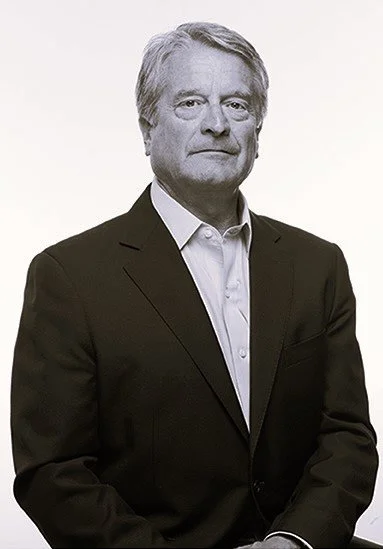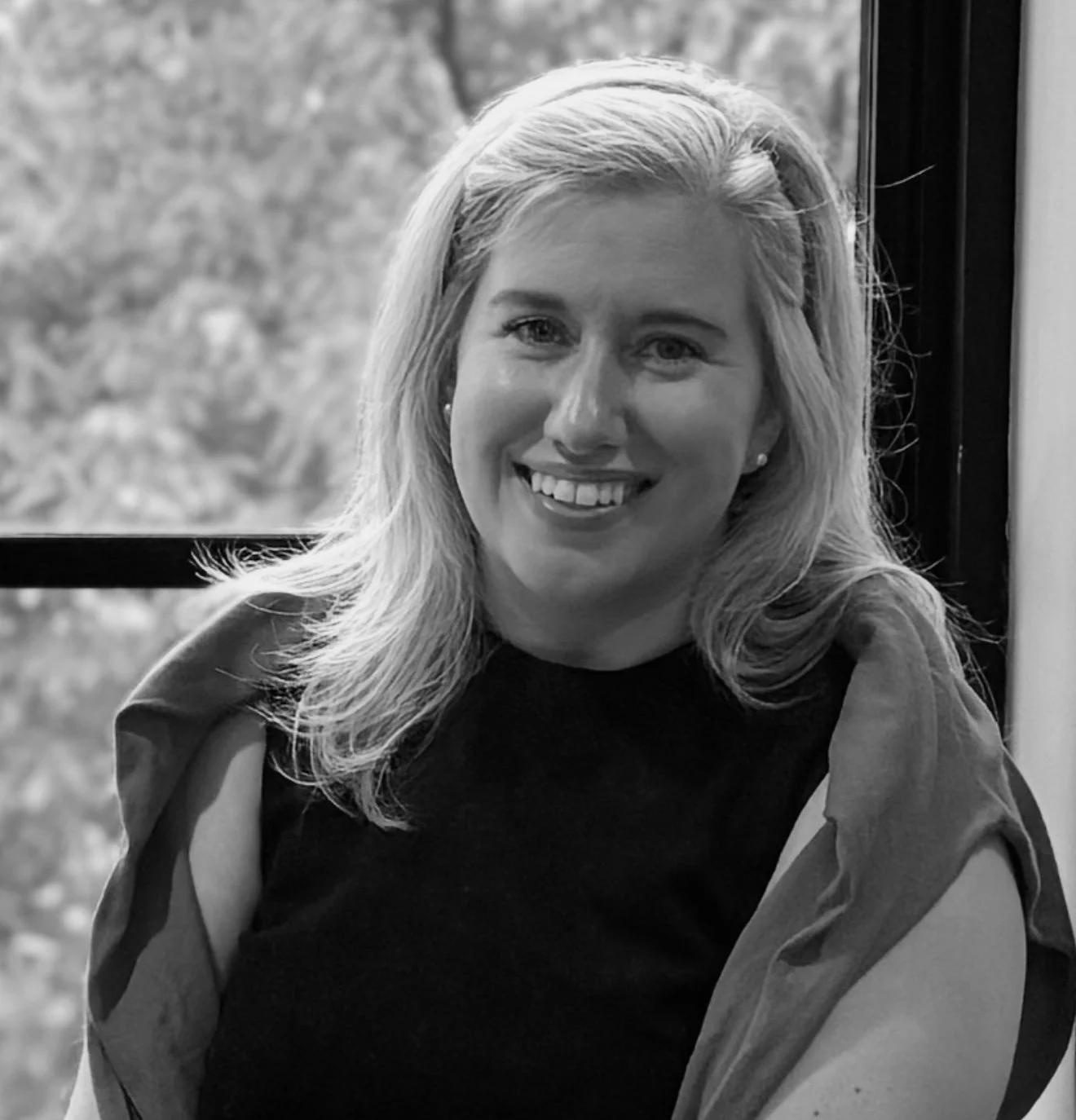Aleta Biotherapeutics is pioneering transformation of cancer treatment by enabling CAR T cancer therapies to work more effectively. The Company’s portfolio of multi-antigen CAR T Engagers (CTEs) are simple, biologics designed to enhance the expression of CAR T target antigen in any tumor cell.
Our CTEs bind to cancer cells to enhance the efficacy of CAR T cell therapies. Aleta CTEs work by increasing cancer target density, preventing resistance and escape from therapy, and increasing the speed and effectiveness with which CAR T cells can kill cancer cells.

Clinical Program: Aleta-001
ALETA-001 is in a Phase I/II clinical trial for patients who have received a CD19-targeting CAR T cell therapy (NCT06045910)
ALETA-001, won landmark support and funding from Cancer Research UK for a 72-patient Phase I/II clinical trial. This therapeutic has received an Innovation Passport under the Innovative Licensing and Access Pathway (ILAP) from the U.K. Medicines and Healthcare products Regulatory Agency (MHRA) and Orphan Drug Designation for Mantle Cell Lymphoma from the Food & Drug Administration (FDA) in the US.
ALETA-001 is being developed to treat B cell lymphoma in patients who have received a CD19-targeting CAR-T cell therapy. ALETA-001 is expected to increase the percentage of patients achieving and maintaining the eradication of their cancer to more than 60% of CAR-T treated patients, versus 45% in patients treated with CAR T therapy alone. This is a tremendously important goal for a large segment of the lymphoma population who currently have a high unmet need. Phase I/II clinical rials began in February 2024 and are ongoing.
ALETA-001: Simple Biologic, GMP, Vialed and Released
Pipeline
Programs
-
ALETA-001 is in Phase I/II Clinical Trials. A CTE that contains the CD19 target protein that is recognized by the approved anti-CD19 CAR T cell therapeutics, which is further linked to an anti-CD20 antibody domain. ALETA-001 is designed to improve the effectiveness of anti-CD19 CAR T therapies by increasing CD19 antigen density and restoring lost CD19 expression. This allows CD19+/CD20+ cancer cells to be easily recognized and killed by anti-CD19 CAR T-cells that were prior administered and are already circulating within a patient. ALETA-001 binds with high affinity to the CD20 cancer antigen to display CD19 protein, which in turn attracts circulating CD19 CAR T cells. ALETA-001 increases CD19 antigen density and prevents cancer escape that commonly occurs due to loss of cancer cell CD19 expression. Therefore, the anti-CD19 CAR T cells have the heightened potential to become more activated and to kill cancer cells more easily (Read Here).
-
ALETA-004 is a preclinical, multi-antigen binding CTE designed to extend the cancer killing activity of CD19 CAR T cells to treat patients with advanced acute myeloid leukemia (AML), a deadly blood cancer. ALETA-004 binds two well- known AML antigens, and links them to CD19 CAR T cells using the same CD19 target protein that is recognized by the approved anti-CD19 CAR T cell therapeutics. The ALETA-004 CTE is the culmination of scientific advances first published by Aleta in 2022 (Rennert et al link).
-
ALETA-005 is a discovery stage CTE that contains the same BCMA target protein that is recognized by the approved CAR T cell therapeutics and is linked to multiple myeloma antigen-binding domains. ALETA-005 is designed to be given alongside BCMA CAR T therapy for the treatment of advanced multiple myeloma patients, and functions by presenting multiple binding sites for the BCMA CAR T cells and optimally stimulating their ability to kill the multiple myeloma cancer cells. Aleta recently presented data from the ALETA-005 program (SITC 2022 link).
-
ALETA-002 and ALETA-003 are designed to treat solid tumor cancers. They use CD19-protein based CTEs directed to well-validated the solid cancer cell antigens. Each is designed to be incorporated into a CD19 based CAR T therapy, to connect non-B cell cancers to CD19 CAR T cells to enable cancer cell killing. This strategy evokes fundamental immunology – the interaction of T cells with CD19-expressing B cells – to drive increased CAR T cell expansion and persistence (Ambrose et al).
Our Team
Board of directors
Director
News & Publications
News
Publications


























